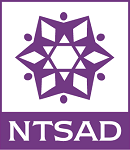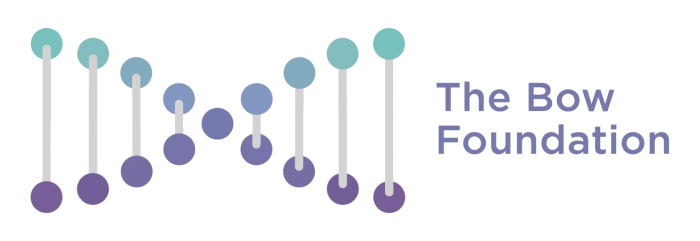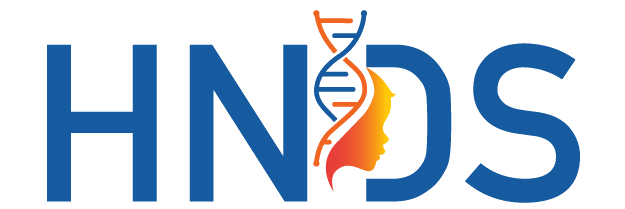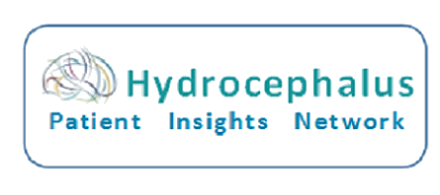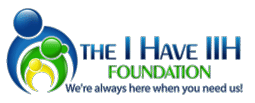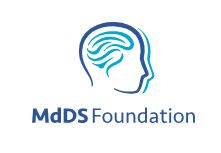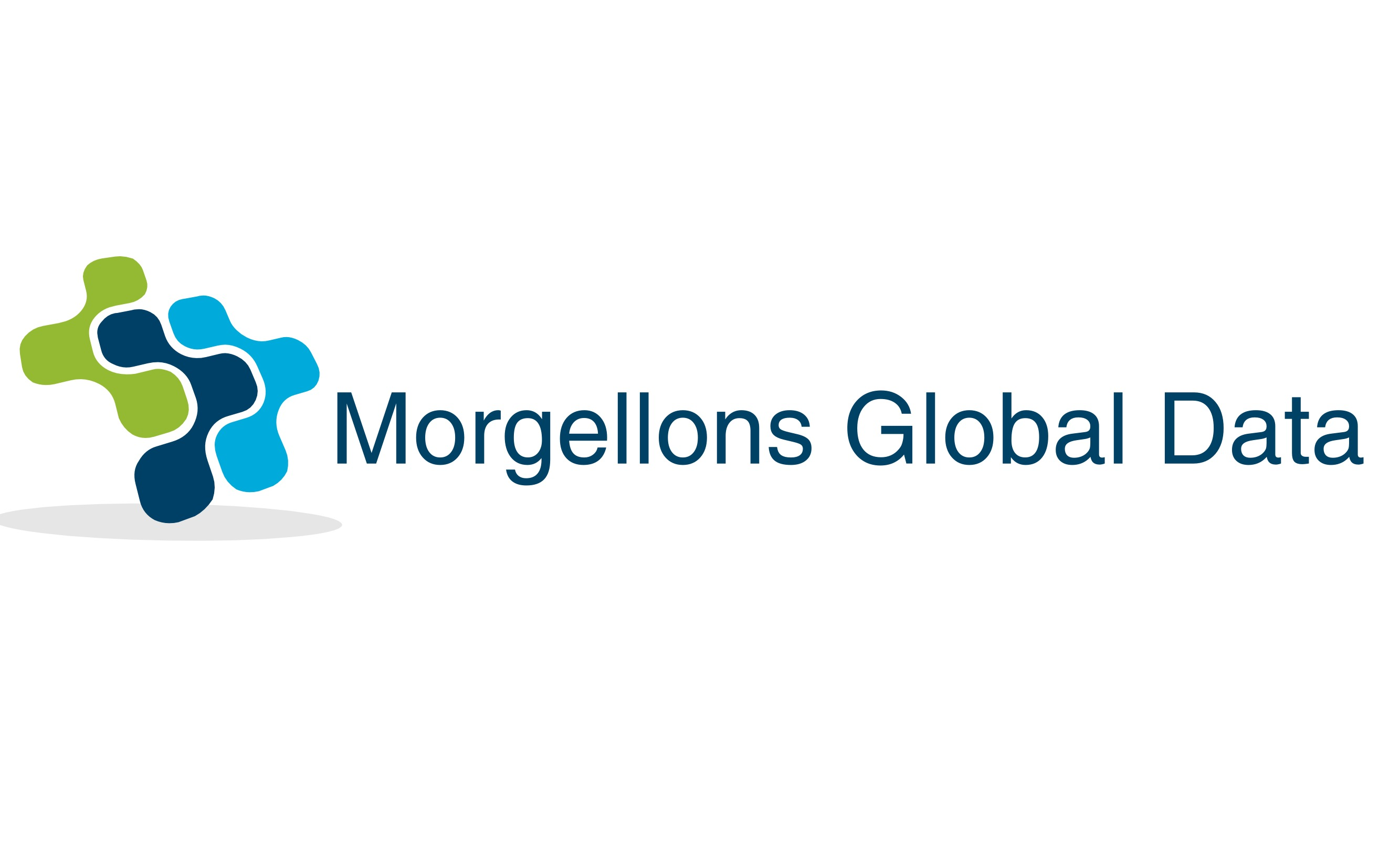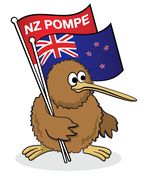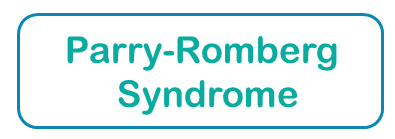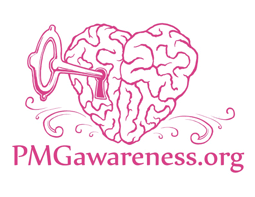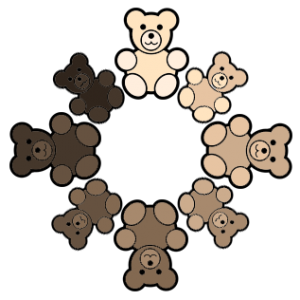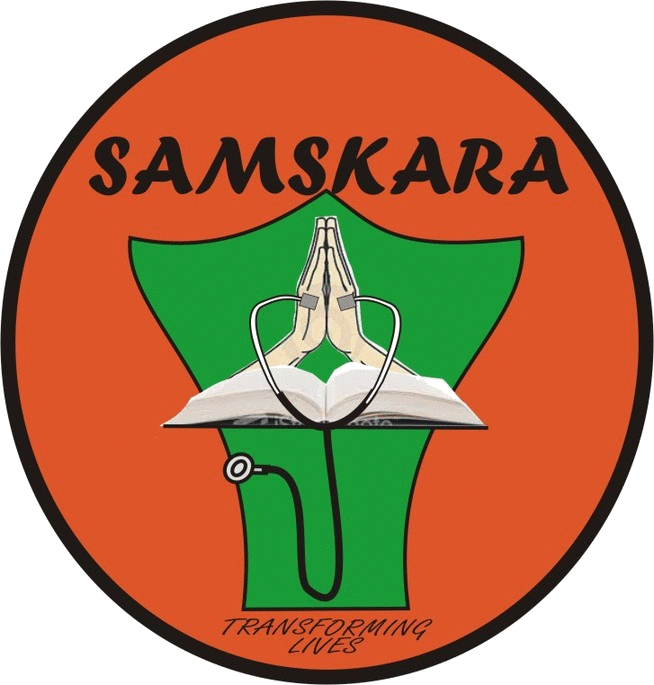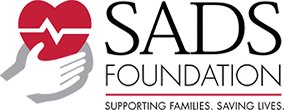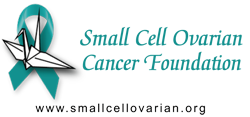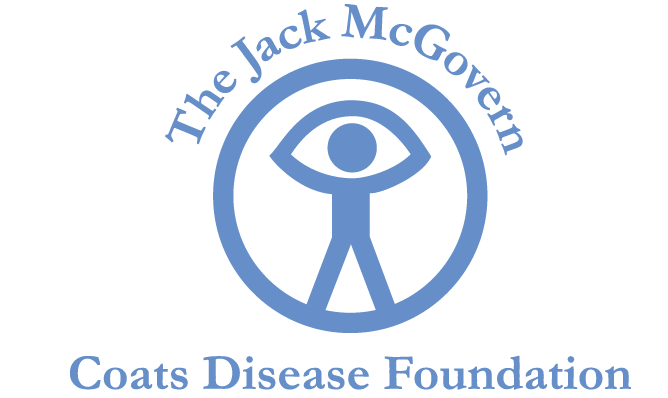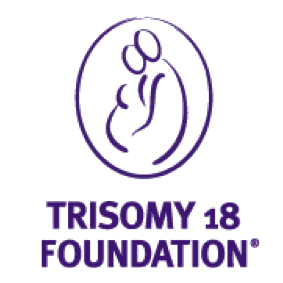
The Urea Cycle Disorder International Patient Registry empowers every UCD patient and family around the world to make a difference in the fight to conquer UCD. By participating in the registry and completing your profile survey about your own unique experience with UCD, you are contributing to a global database about the prevalence of UCD subtypes, the accessibility of diagnosis, care and treatments, and how UCDs affect patients. The information you enter is anonymized and pooled with the anonymized data from other participants to create a centralized resource that is vital to helping researchers learn more about UCDs, accelerating the development of new research and treatments, identifying issues that need research, and improving the care of all those with UCD.
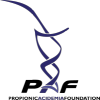
The Propionic Acidemia International Patient Registry empowers every PA patient and family around the world to make a difference. By participating in the Registry and completing your profile survey about your own unique experience with PA, you are contributing to a global database about the prevalence of PA, the accessibility of diagnosis, care and treatments, and how PA affects patients. The information you enter is anonymized and pooled with the anonymized data from other participants to create a centralized resource that is vital to helping researchers learn more about PA, accelerating the development of new research and treatments, identifying issues that need research, and improving the care of all those with PA.
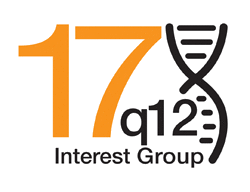

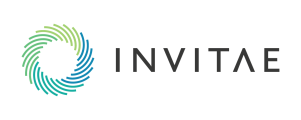
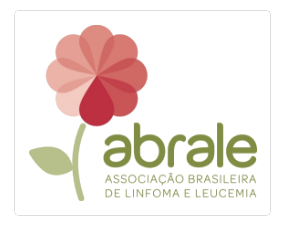




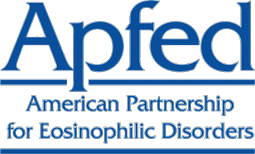
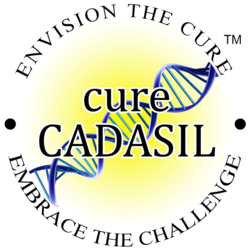

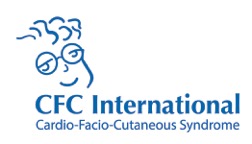
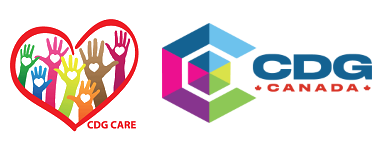


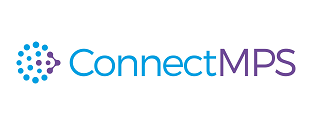
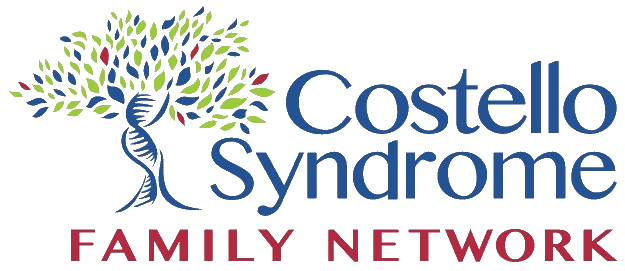



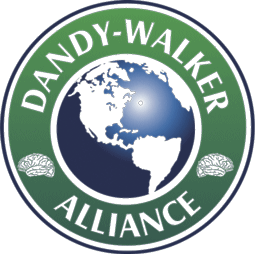

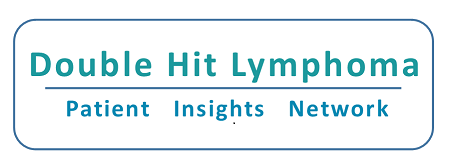

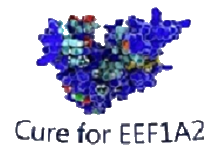
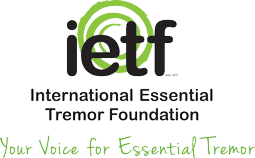

.jpg)
